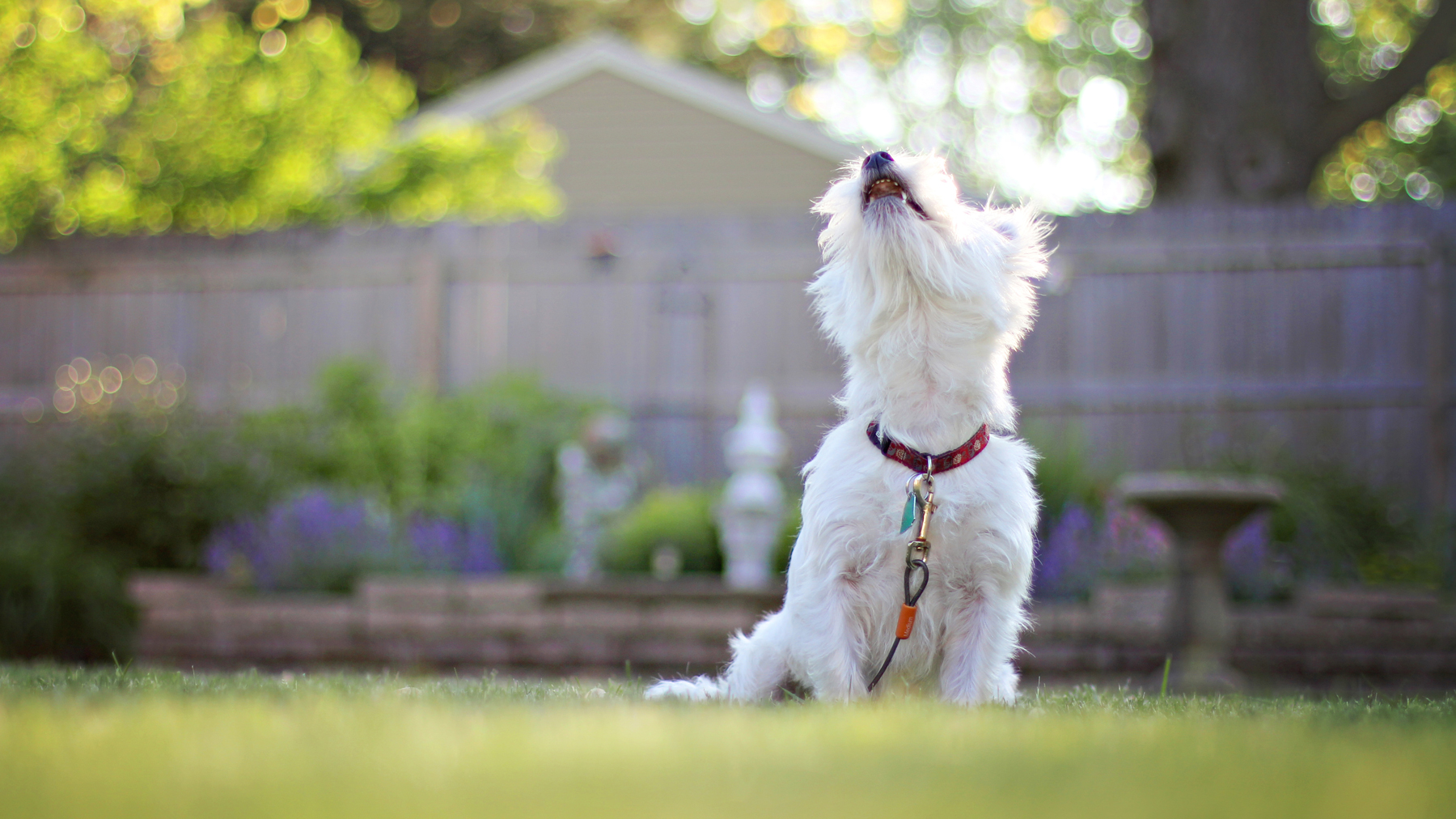
Excessive barking in the garden can be a source of frustration for both dog owners (and their neighbors) especially when the reasons why your dog barks at everything aren’t always clear. The constant noise and potential disturbances can create an unpleasant neighborhood environment.
If learning how to stop a puppy barking didn’t end well for you then you might find yourself trying more short-term solutions, such as bribing your pup with one of the longest lasting dog chews every time they go out, or even limiting their time spent out in the garden because you’re scared of the noise they’ll make.
While these solutions might keep the peace for a little while, they aren’t sustainable methods for preventing barking and could escalate the problem further.
UK-based professional dog trainer and behavior consultant Kerry Sheldrick, recently shared to the Howl School for Dogs Instagram page some valuable insights on how to curb this behavior and foster a calmer and happier canine atmosphere.
In the video, Sheldrick’s expertise is put to the test with Freddie, a Chihuahua mixed with a Terrier. Recognizing that certain breeds tend to be more prone to barking, she decided it was best to focus on changing Freddie's association with the garden.
"When he used to go out in the garden he’d go racing out the back door and just bark his head off," she explains in the video. So her solution involved transforming the garden into a realm of calming enrichment.
She advised Freddie's humans to engage him in various activities that not only captured his attention but also acquainted him with the familiar sights, sounds, and scents of the outdoor space.
There are various ways to create a dog friendly garden including creating a digging station, providing dogs with interactive toys or anything they can explore and play with such as cardboard boxes - as seen in the video.
Just like dogs grow accustomed to mundane household noises such as the washing machine, the aim was to make the garden an ordinary, less stimulating place for Freddie.
She notes that while she was helping Freddie, she heard the dog next door being punished by a bark collar for barking. Sheldrick found this approach ineffective, as it merely punished the dog and could potentially intensify negative associations.
In contrast, "Freddie here is not barking and he’s not being punished he’s just doing something that’s much more healthy, which is great." By redirecting his behavior through enriching activities, Freddie's owners enabled him to develop a healthier attitude towards the garden.
Beyond enriching Freddie's garden experiences, Sheldrick looked into broader aspects that could contribute to his barking behavior. She explored how she could reduce general stress levels and identify potential sources of pain.
A noticeable hop in his back leg led to a veterinary examination and an x-ray that revealed a luxating patella. With the diagnosis, Sheldrick highlighted the importance of addressing underlying health issues to alleviate not only discomfort but also potential behavioral repercussions such as barking.
Excessive barking isn't a behavior we can stop overnight, but experimenting with different approaches and rethinking how you can make the garden a less stressful place can help.
If you aren't noticing any changes, don't be afraid to find your own 1:1 help from a certified dog trainer or behaviorist. Make sure to read up on our guide to dog trainer red flags before signing up to one.







